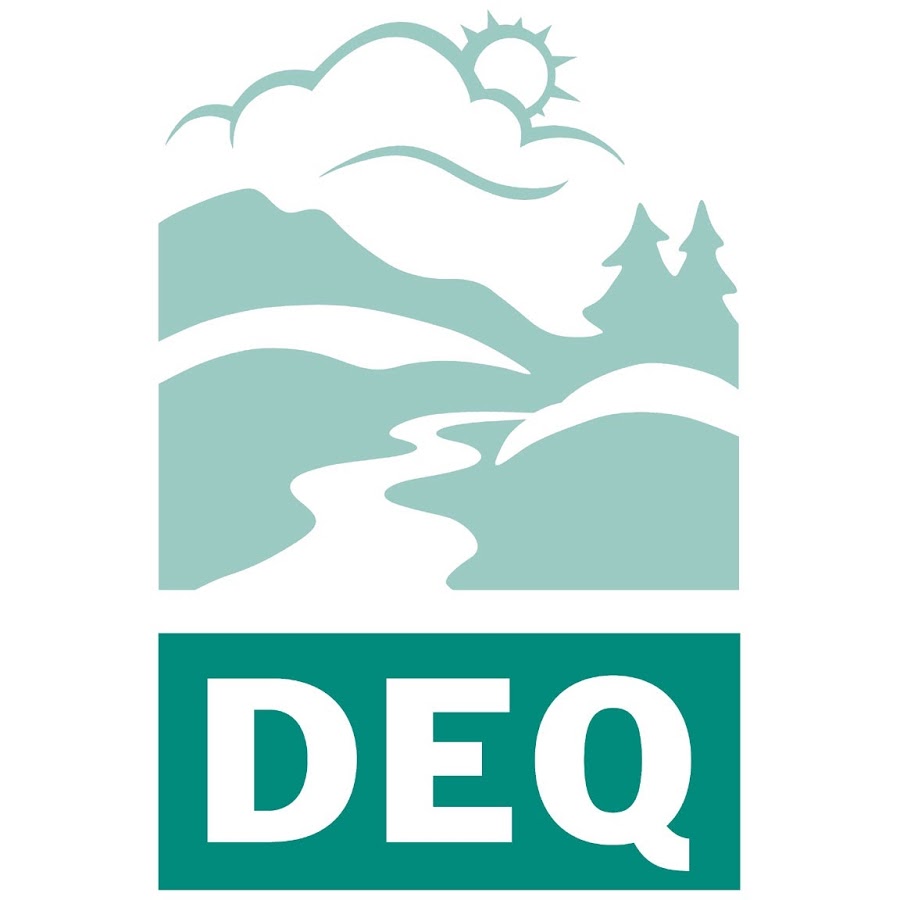Environmental Attributes as Indicators of the Life Cycle Environmental Impacts of Packaging and Food Service Ware
The Oregon Department of Environmental Quality (Oregon DEQ) has shifted its focus from solid waste management to materials management throughout the entire life cycle of materials and products. Although Oregon has made progress in recycling and waste management, overall waste generation has resumed its upward trend. Packaging is a key target for sustainable materials management strategies due to its single-use nature and large quantities in municipal solid waste. While packaging waste is a significant concern, its environmental impact extends beyond disposal. Packaging consumes raw materials and energy, generates pollution during production and transport, and leads to resource loss when disposed of in landfills or incinerated.
This study examines four attributes commonly used to indicate environmental benefits and their impact on the life cycle environmental impacts of packaging. Taking a full life cycle approach is crucial for sustainable materials management. Waste management contributes only a small portion of the overall life cycle environmental impacts of goods. The study emphasizes the importance of considering the entire life cycle, as waste management accounts for just 2 percent of annual U.S. greenhouse gas emissions. In Oregon, the production, distribution, and disposal of consumer products contribute to a significant portion of the state's consumption-related greenhouse gas emissions.
Oregon DEQ has been employing life cycle thinking since the 1980s to assess environmental impacts across the full life cycle of materials. Traditional evaluation methods based on attributes like recycled content or recyclability may not reliably indicate lower environmental impacts. For instance, lightweight shipping bags made from mixed materials could have lower environmental burdens than paperboard boxes, even if they are difficult to recycle. The study challenges the assumption that commonly used attributes consistently point to materials with lower environmental impacts.
In summary, the Oregon DEQ has expanded its focus to encompass materials management throughout the life cycle. Packaging waste is a significant concern, but its environmental impact goes beyond disposal. The study emphasizes the need to consider the full life cycle when evaluating environmental impacts. Traditional attributes used to assess materials may not always indicate lower environmental impacts, highlighting the importance of comprehensive analysis.


